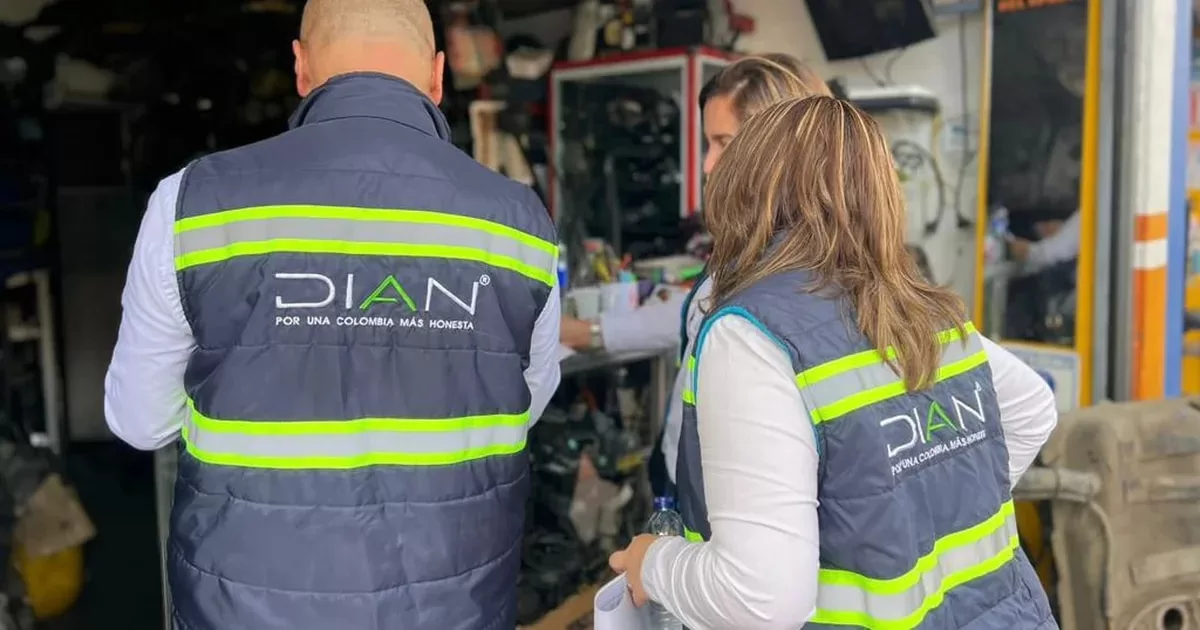Classified documents found at Trump’s home in Florida / AP
At least three presidents. A vice president, a secretary of state, an attorney general. The mishandling of secret documents in the US is not a problem exclusive to President Joe Biden or former President Donald Trump.
The issue of the classified documents and who, exactly, has been holding on to them became more complicated Tuesday after it emerged that former Vice President Mike Pence also had such documents in his possession after leaving office. Like Biden, Pence voluntarily turned them over to authorities after they were found during a search he requested, according to his attorney and advisers.
The revelations have put the issue of proper handling of documents – an otherwise low-profile Washington process – at the center of political discourse, and have exposed an inconvenient truth: policies designed to control the handling of The nation’s secrets are carelessly applied among high officials and depend almost entirely on good faith.
It’s been an on-and-off problem for decades, from presidents to cabinet members and staffs through various administrations, a situation that goes back as far as former President Jimmy Carter. The issue has grown in importance since Trump deliberately withheld confidentiality-sealed material at his Florida mansion, leading to the unprecedented seizure of thousands of pages of documents by the FBI last year.
It turns out that former officials at all levels of the government discover that they have secret material in their possession and turn it over to the authorities -specifically, the National Archive- at least several times a year, according to sources familiar with the matter.
Current and former officials involved in handling secret information say that while there are clear policies on how such information should be reviewed and stored, those policies are sometimes sidelined at the highest levels. Teams of national security officials, secretaries, and military aides who share responsibility for keeping high-level rulers—and the rulers themselves—informed can tweak the rules for convenience, speed, or sometimes carelessness.
It’s in contrast to the more rigid way in which procedures are followed in the broader intelligence community, where mishandling of information can lead to dismissal, revocation of security clearance or even prosecution.
As for the judiciary, a separate federal law, the Secret Information Procedures Act, governs the handling of material before judges in criminal proceedings and civil lawsuits. Another law deals with foreign intelligence investigations that come before a special court that operates in secret. Both laws seek to prevent the disclosure of classified information.
Special order
The US National Archives yesterday asked the country’s former presidents and vice presidents to check their personal belongings to see if they still have secret documents with them. In case of having them, they must be delivered to the Archives.

